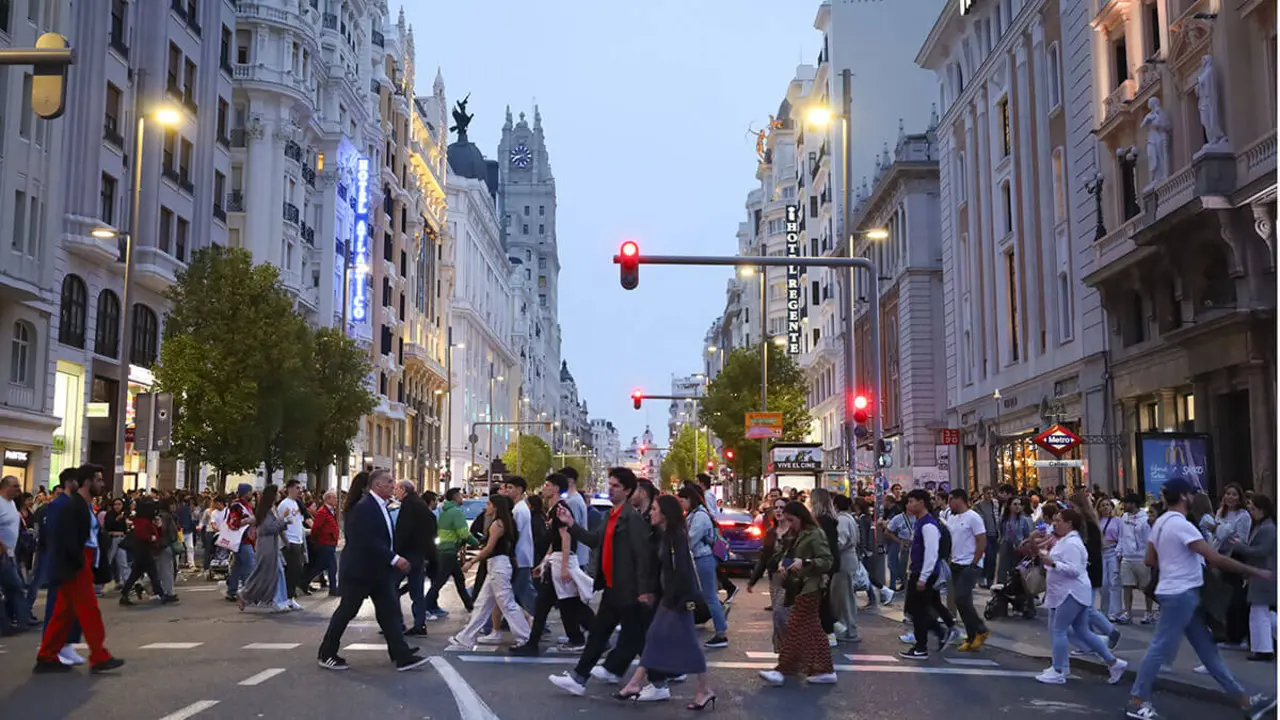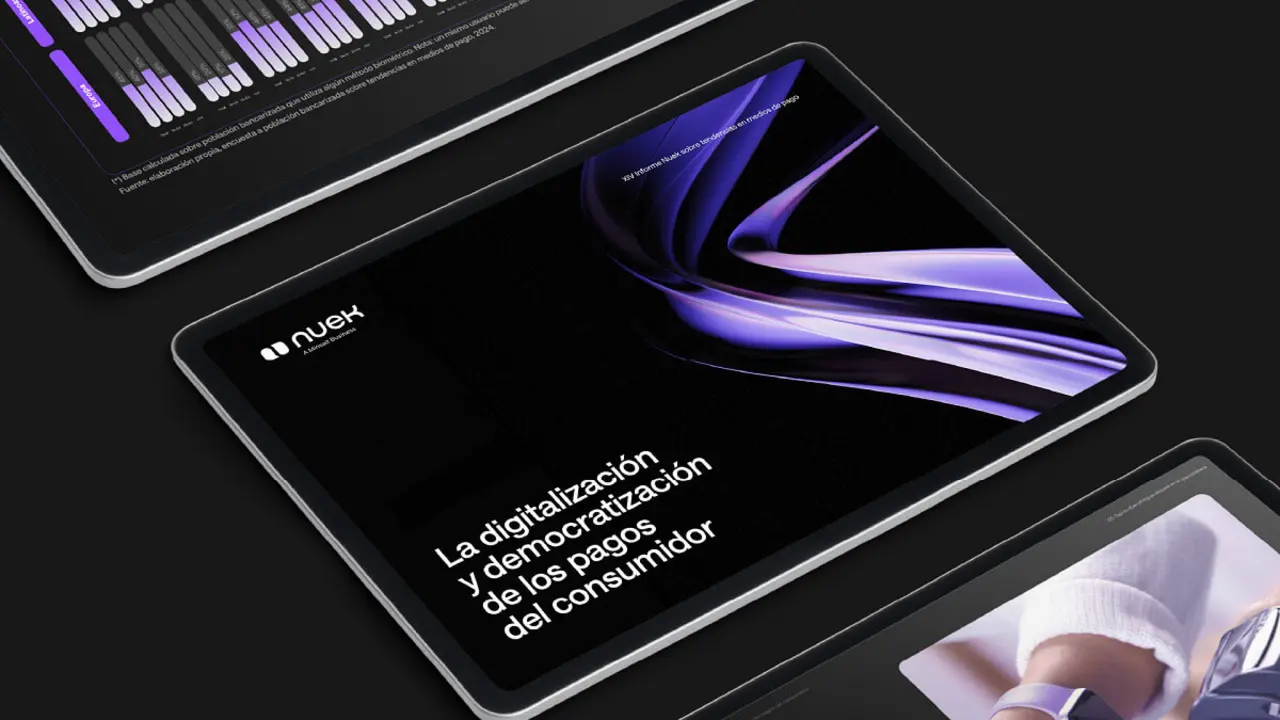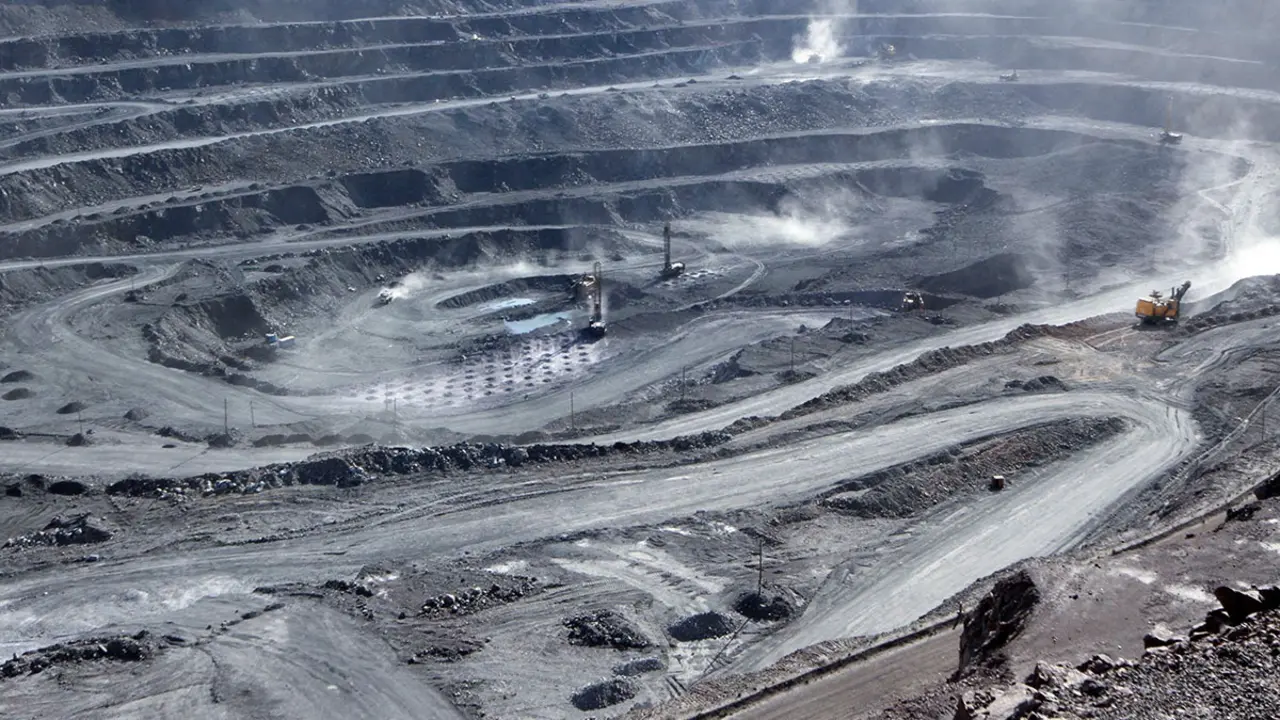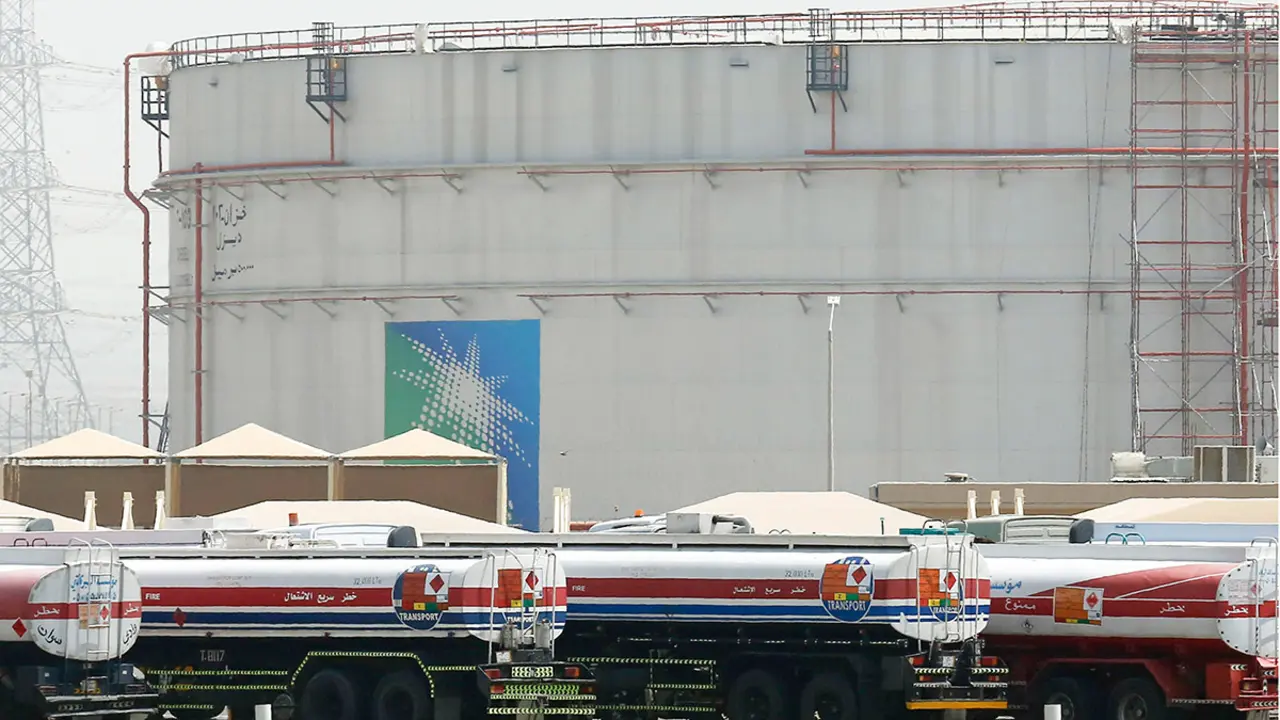Marruecos diversifica sus fuentes de suministro de trigo y amplía su círculo a 25 países
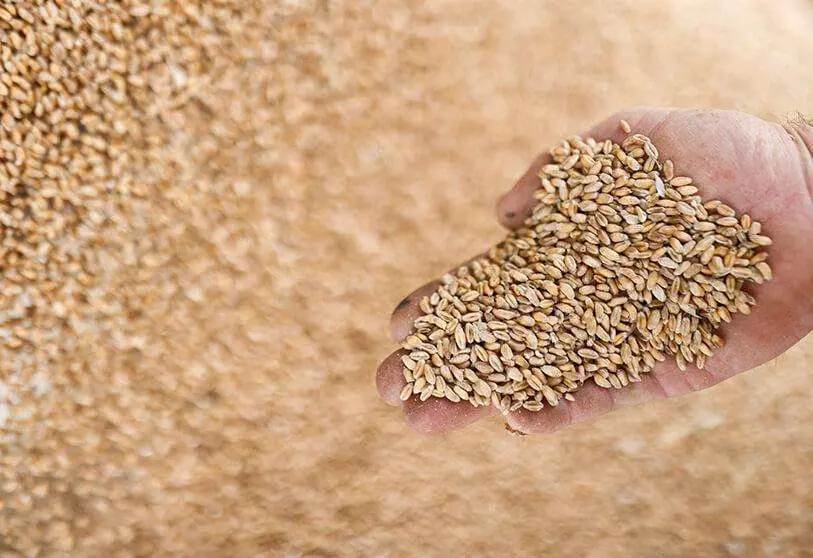
The consequences of the Russian-Ukrainian conflict are beginning to show. Russia's control over some basic products such as hydrocarbons and wheat is causing nations to look for other alternatives for fear of suffering a lack of supplies and a food crisis. Morocco, for example, has had to review its sources of supply in light of recent global grain shortages.
The Moroccan government has been quite concerned about the current situation and has already begun to take action. Following a response in Parliament to the Popular Movement (MP) group, the Ministry of Agriculture, Fisheries, Rural Development and Water and Forestry has announced a new strategy to save the country from this potential crisis.
According to the department, Morocco has adopted to start diversifying its sources of supply. The Kingdom expects this decision to avoid the consequences of the war in Ukraine, which are already beginning to be felt and may affect the country's domestic market. With this idea, the Maghreb nation intends to obtain cereals from 25 countries in Europe, America and Asia in order to be able to supply itself. This idea was applied during the previous agricultural season, and good results were obtained, so it can be considered a good solution.
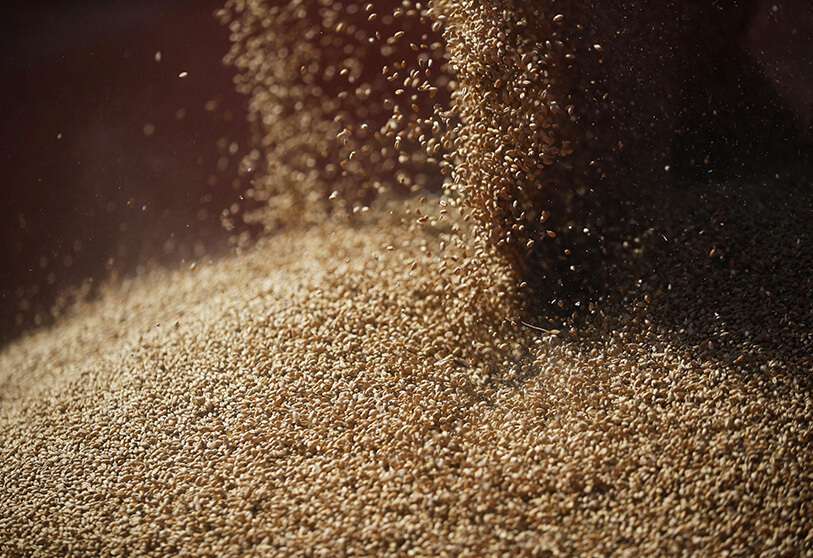
The Ministry of Agriculture considers that this is a plan that will only have beneficial consequences for the country. According to the data and following the current situation of the main importing countries (reviewing their climatic conditions and geopolitical factors), Morocco has been able to import cereals from 15 countries.
This further shows that the Kingdom has decided to take the wise decision to stop relying on Europe and North America as the main sellers of cereals. The Ministry reveals that, until the end of February this year, the import of cereals from other areas has been taken into consideration. Up to this period, wheat has come from countries such as Brazil and Argentina, which together accounted for 41% of cereal imports.
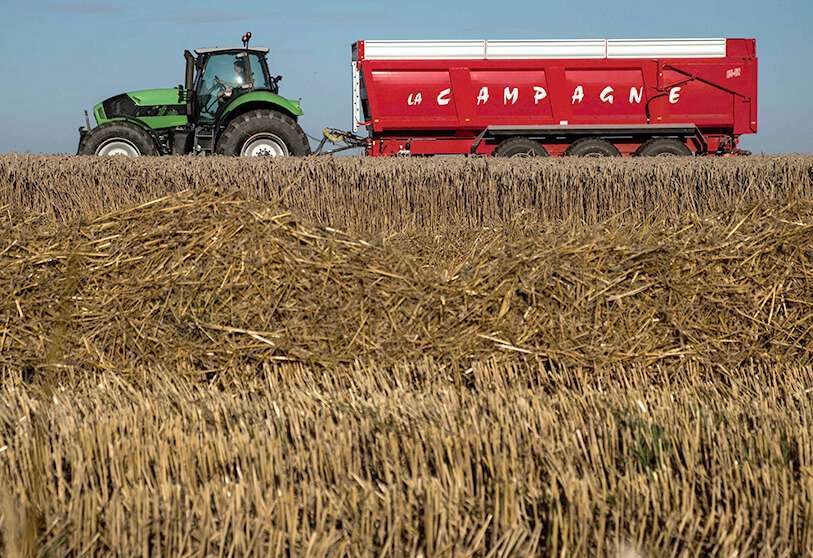
In this way, the government seems to confirm that this new strategy will be the key to avoiding a major disaster. Thanks to these previously taken decisions, the Ministry claims that Morocco has been able to shield itself from the repercussions of the conflict in Ukraine, and the lack of resources has been much milder than in countries that are totally dependent on products from Russia and Ukraine.
The consequences of Russian President Vladimir Putin's decisions and product blockades have revealed the fragility of African countries. Many experts point out that the Maghreb will be particularly affected by the blockade of cereal exports.
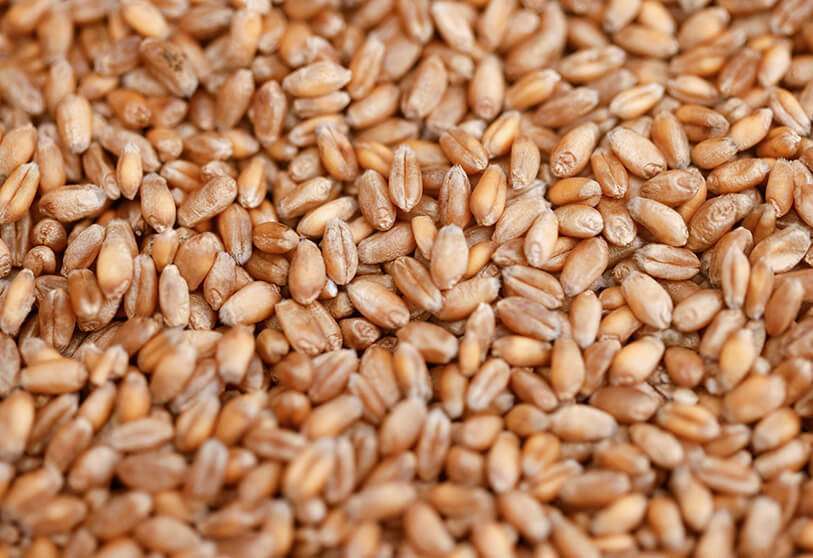
In many of these territories, there is a high and growing risk of famine, and many countries cannot afford the high prices due to the current competition. The African Union has spoken out about this situation and according to the words of President Macky Sall, Putin will soon open the ban and Africa will receive grain.
This seems to have been confirmed after a meeting between the Russian president and his Senegalese counterpart. They met in Sochi, where one of the main topics discussed was the release of foodstuffs. Despite attempts to show the economic and social impact of the current food crisis, Putin claims that the global shortages are not Russia's fault. According to Putin, it is not his country that is blocking wheat exports and hints at a smear plot against his nation and the Russian people.
He claimed that Ukraine has laid mines in front of its ports and that is why ships loaded with material cannot leave through the Black Sea. Putin says that unless the bombs are lifted, exports will be stopped. But the reality is that the Russian army is blockading Ukrainian ports and despite the Russian president's promises, the main rulers of the invaded country say they do not trust Moscow's word and fear reprisals against ships leaving from the Black Sea.




